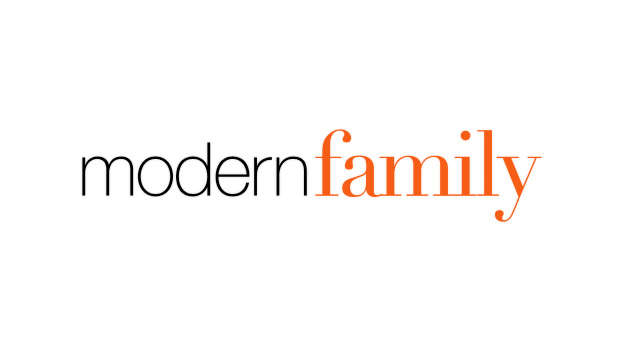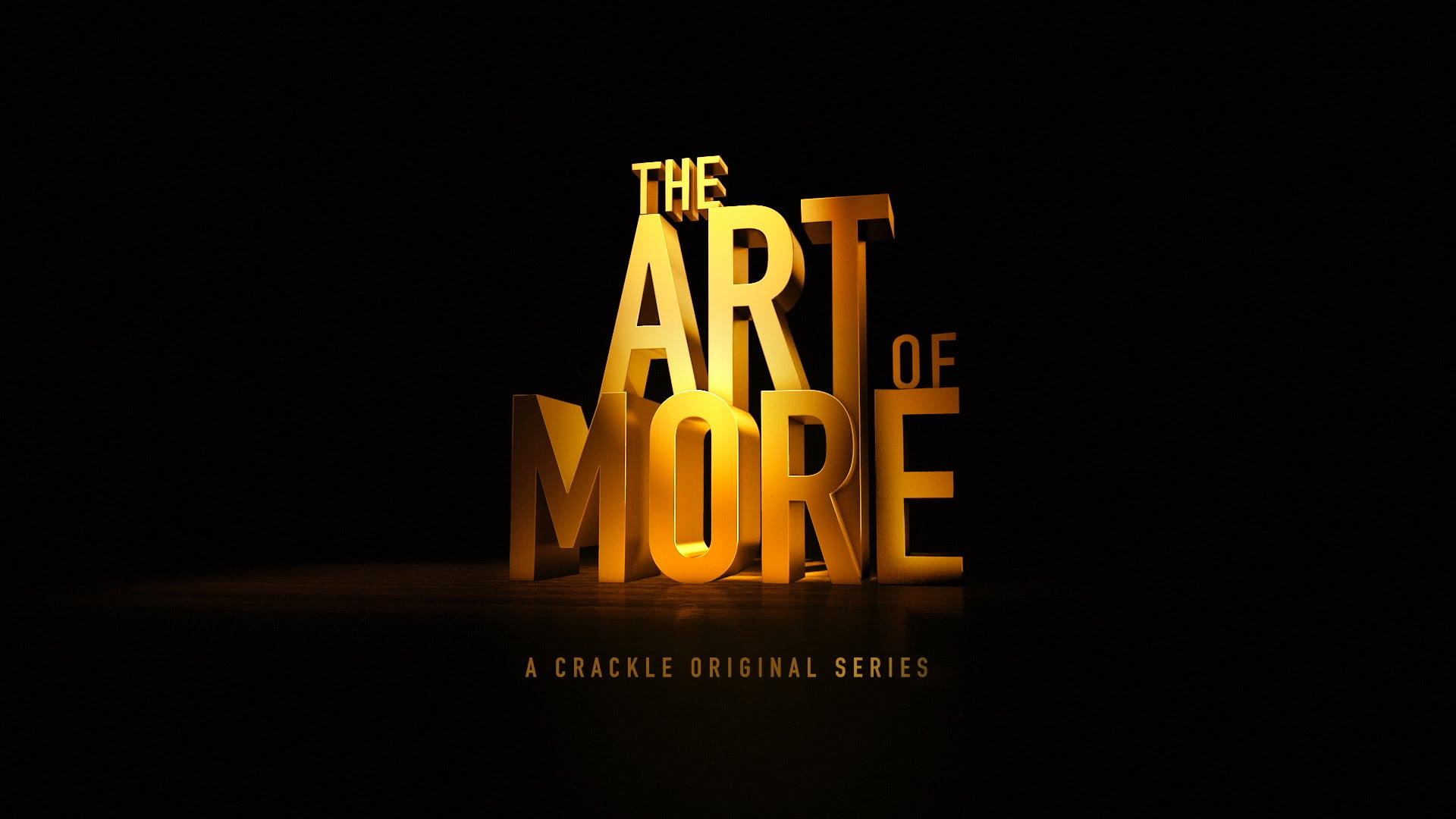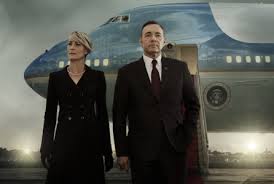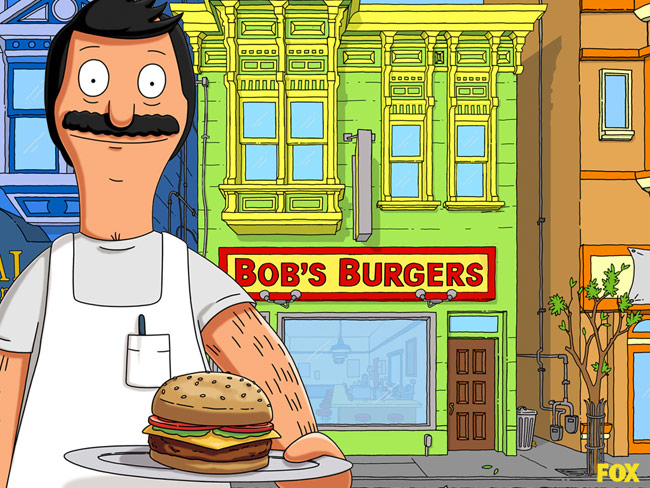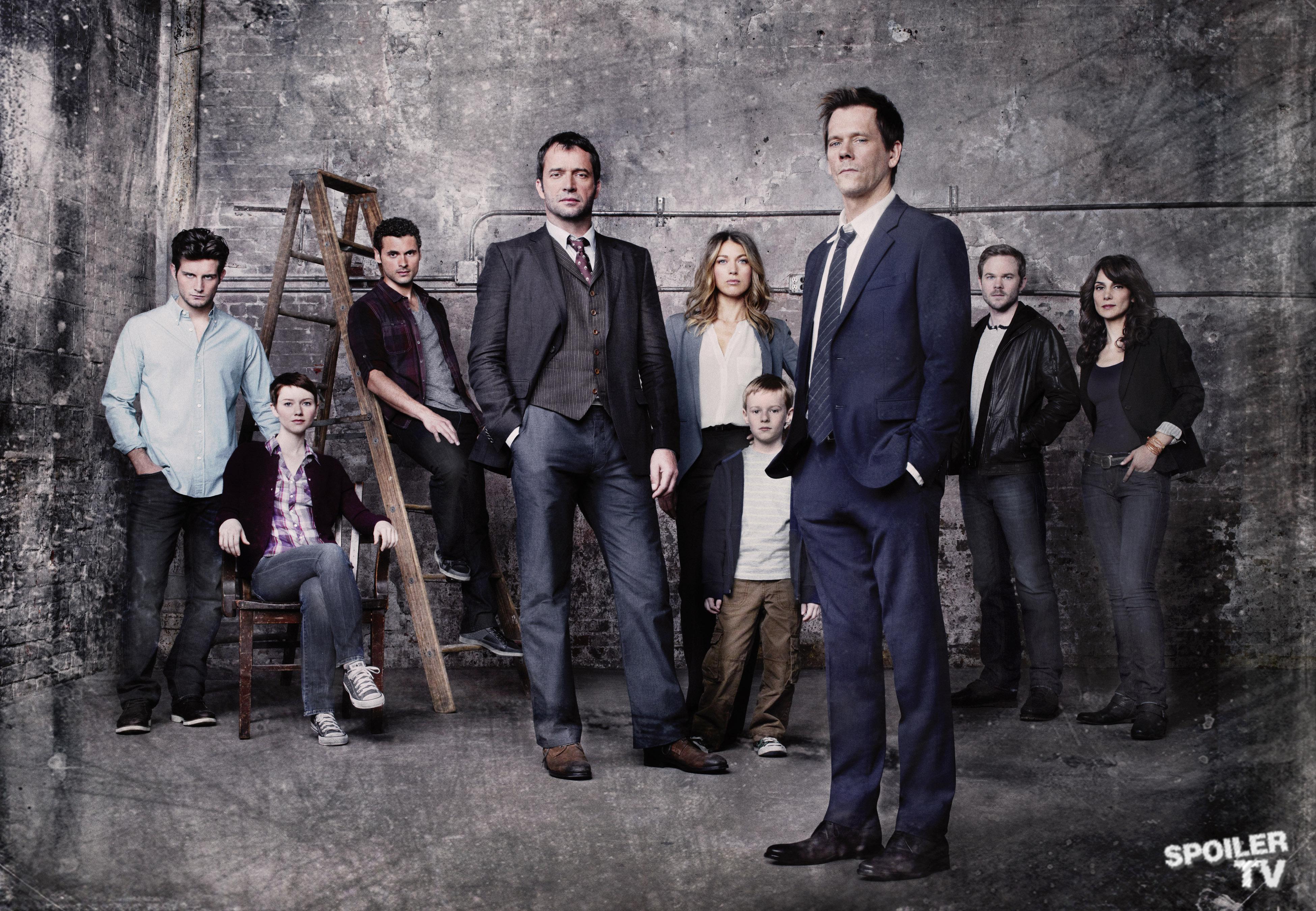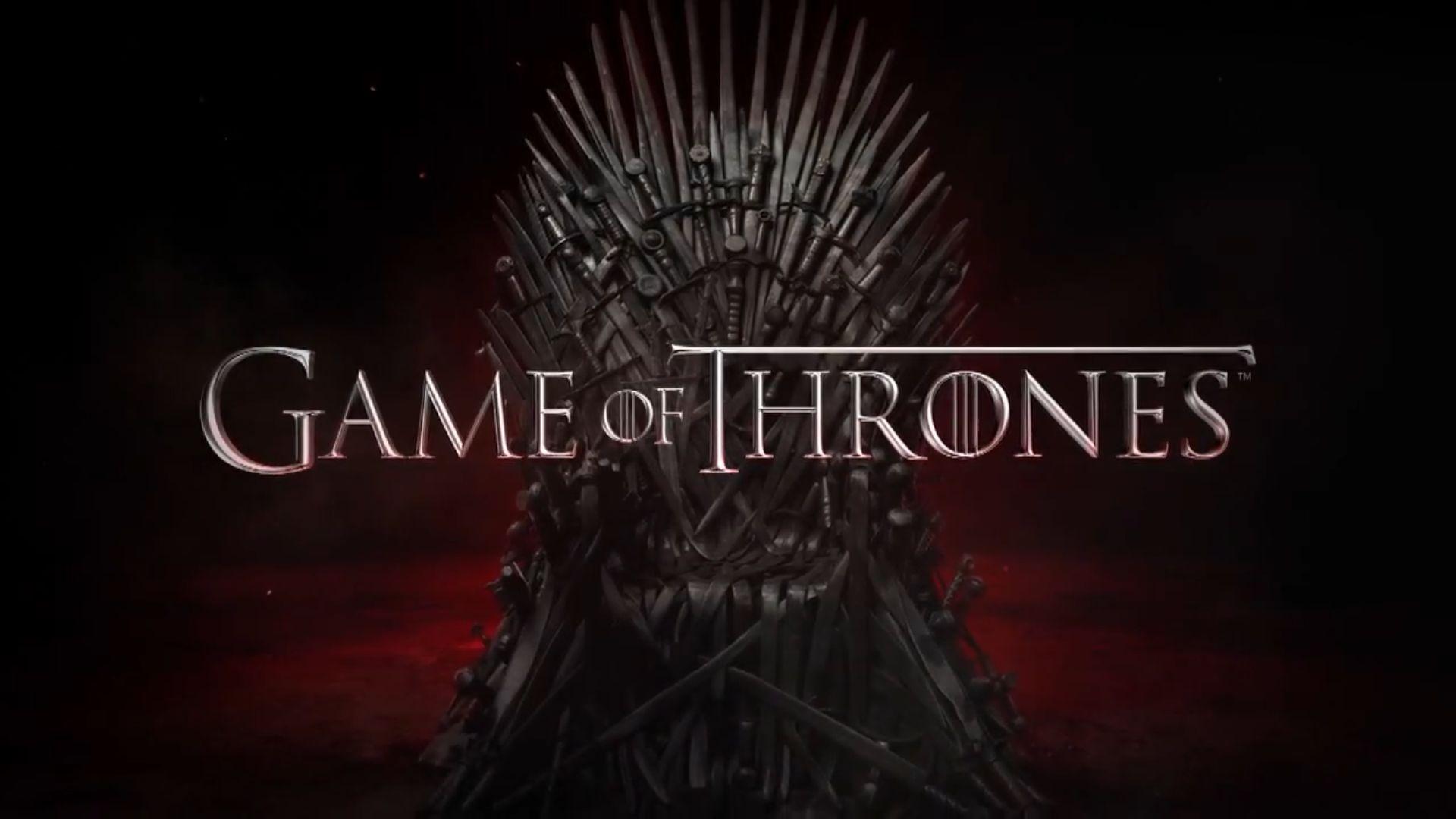
For those who would give almost anything for a chance at superstardom, American Idol might be the entertainment industry's version of a Faustian bargain: Through 14 seasons, the very successful Fox show has exploited the fact that there are millions of singers who are willing to sign onerous deals for the chance to compete. But season 11 winner Phillip Phillips isn't going to let the deals he made as a precursor to his fame go unchallenged. On Jan. 22, Phillips lodged a bombshell petition with the California Labor Commissioner that asserts that Idol producer 19 Entertainment and its affiliated companies have "manipulated" him into accepting jobs since he hit it big. In a filing that reveals some of Phillips' post-show tribulations, including being forced to perform for free for one of Idol sponsors and not even knowing the title of his last album before it was announced publicly, the singer is seeking to void his various agreements with 19, said by the star's lawyer to be "oppressive, fatally conflicted." "I am very grateful for the opportunities provided to me through appearing on American Idol," says Phillips. "The value that the fans and the show have given to my career is not lost on me. However, I have not felt that I have been free to conduct my career in a way that I am comfortable with. I look forward to being able to make my own choices about my career and to being able to make great music and play it for my fans."
The petition to determine controversy is grounded on the Talent Agencies Act, the California law that says only licensed talent agents can procure employment for clients. In the past, the law has been used as a cudgel by Hollywood artists from Arsenio Hall to Kesha who wished to escape paying commissions to their managers. Phillips now hopes to have the TAA applied to an entertainment company that has had its hand in his pocket even since he won Idol's 11th season on May 23, 2012.
Before Idol viewers voted him the winner that year, Phillips signed a series of contracts governing his management, merchandising, recording and publishing. The deals are quite favorable to 19 Entertainment, a company founded by Simon Fuller that also produces other shows such as So You Think You Can Dance. For example, according to the complaint, when Phillips does endorsements, 19 gets as much as a 40 percent cut. Nevertheless, Phillips tells the California Labor Commissioner that 19 has a fiduciary duty to him, and that the company has breached such duty by compelling him to take jobs that are of benefit to the company and its affiliates rather than to him. In the time since he's been on the show, his managers at 19 have lined up gigs like performing at the NBA All-Star Game, singing "The Star-Spangled Banner" at a World Series game, and appearing on such shows as Letterman, the Today show, Ellen and The View. The appearances are said to have been "procured" by 19 despite not being licensed as an agent. This, the petition argues, amounts to a "pattern and practice of flagrant violations of the [TAA]." While some of these gigs boosted Phillips' profile and are arguably in his interest, some other appearances by the singer may have done little to boost his career. For example, the petition says he did a live show without compensation promoting Jet Blue in 2013.
"In response to Petitioner's questions about why this deal would make sense, 19 admitted the deal was being entered into in exchange for Jet Blue's support for the 2013 American Idol Live Appearance Tour," says the petition. "Since Petitioner was not performing on the 2013 Idol Tour, the only conceivable purpose for Respondent booking the performance was to help the struggling finances of Respondent's Idol Tour." Similarly, Phillips says he performed at a corporate event for an insurance company — only it was labeled an endorsement deal. Raising a problem with this gig, he says 19 took the position that it was subject to the Merchandise Agreement, with a 40 percent commission. Phillips argues, "If Respondent was truly putting Petitioner's best interest above their interests, Respondent should have taken the position that the performances should be commissioned at the 20% commission rate provided for in the Management Agreement." The petition also chronicles other indignities that Phillips has faced in the past couple of years. He says that 19 lined up a producer for his first two albums that compromised his interests. He says 19 lied to him, saying that the producer wouldn't receive greater mechanical royalty rates than he would. He adds that 19 has repeatedly withheld information regarding his career, including the title of his Behind the Light album released last year. It's not unusual for those successful on reality TV shows to renegotiate deals at some point in their career. Phillips says that he "frequently requested" this, but suggests that the relationship between his management company and recording company frustrated any hope of doing so. According to the petition, "Because 19 Recordings, Inc. is also Petitioner's record company, 19, as Petitioner's management company, failed to secure even a single improvement to the terms of the Recording Agreement, in breach of Respondent's fiduciary obligations to Petitioner." Represented by attorney Howard King at King Holmes Paterno & Berliner, Phillips is making a bold and ambitious attempt to bring entertainment companies like 19 within the scope of the TAA, a law that has been controversial since it was added to the books in 1978. Phillips' attempt to challenge his Idol deals figures to spark jurisdictional challenges and raise issues about the corporate structure of 19, which is owned by CORE Media Group. Phillips will likely also have to get around a notable exemption in the TAA for the procurement of recording contracts. But if Phillips is successful in voiding his deals as a violation of the TAA, the ramifications would be huge, potentially impacting other successful competitors on Idol as well as perhaps other reality TV competition shows. The adjudication of TAA disputes also tends to be a very, very slow process, with rulings often happening many years after the initial filing of a petition. The result of the creeping pace could put a number of deals in legal limbo, undoubtedly a concern as Idol and other shows move forward.
Get Your Very Own Self Defense Keychain: just click here



